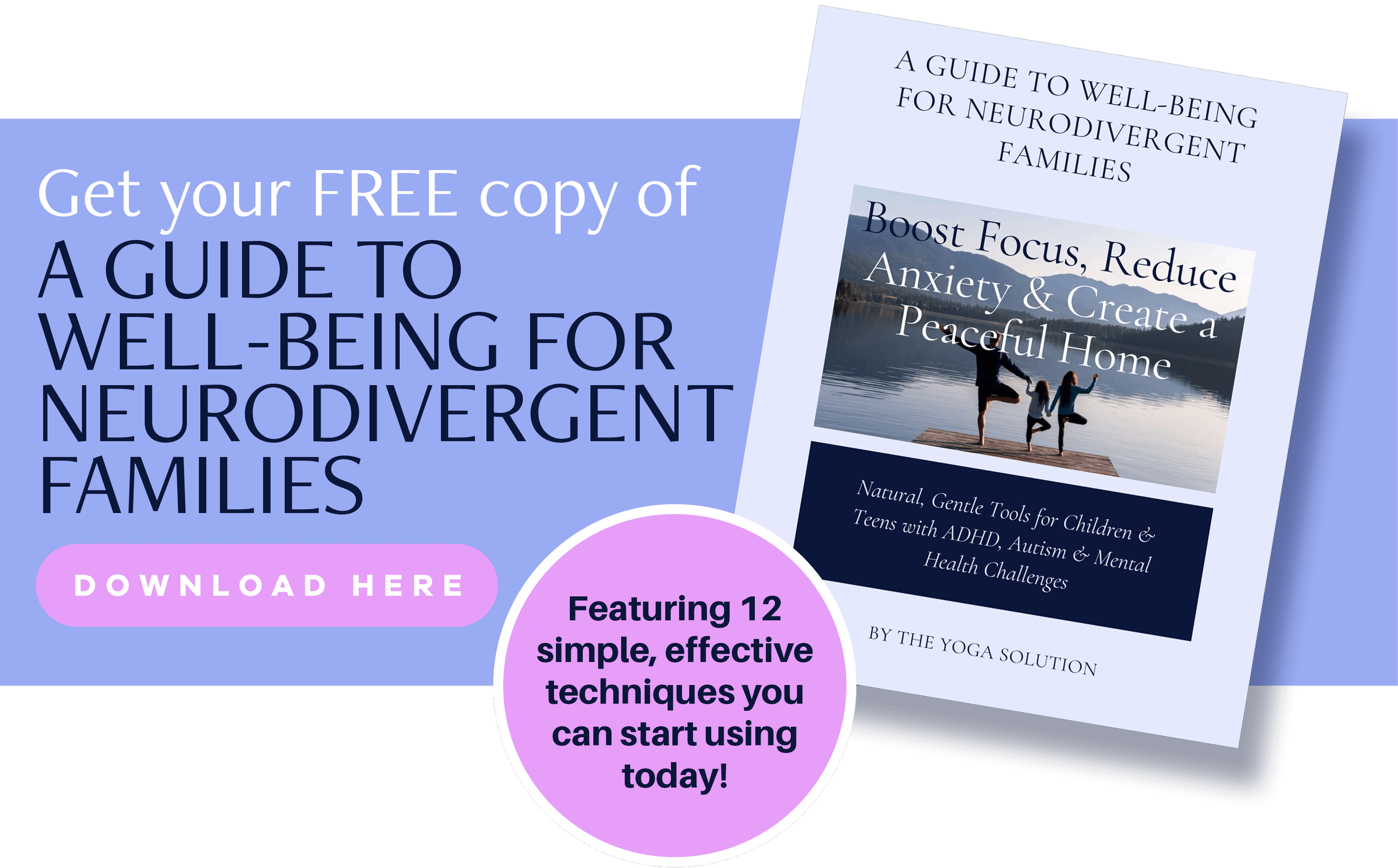Master Minds - Help Children Develop Mental Calm and Mindful Happiness
Whether we are looking at creating or improving focus, concentration, happiness, self-calming or discipline, the one essential ingredient that is critical for all of these practices is awareness … awareness that can be developed through a practice of mindfulness.
Awareness gives us choice, because without awareness we run on autopilot. Have you ever said something because of a negative thought or emotion and later wished you hadn’t?
We all have! That’s reacting on autopilot. Awareness allows us a space between the thought and reaction, so we have full control of our being and interactions. Developing this ability can make the biggest difference in the lives of children and teens. How would your teenage years have been impacted if you didn’t get so caught up in your thoughts and emotions? Can you imagine the difference it would have made if you had learnt that you are not your thoughts and, instead, thoughts are something you just have.
We can do this for our children and teens and create a world of exciting new possibilities where they take control and responsibility for their minds and learn how to stay in a place of calm, centred, happiness.
1. SENSE AWARENESS
One of the best ways for children and teens to access mindfulness is through the senses. Ask them to lie down or sit comfortably as you guide them on a journey through the body. Ask them to close their eyes and become aware of their breath. Then say, “Become aware of any feeling on your skin, such as the air or the softness of your clothes.” Next ask them to become aware of any fragrances they can smell. Then say, “Become aware of any tastes in your mouth.” Lastly, ask them to become aware of any sounds they can hear. This exercise can lead to mindful calm and stillness in just a few minutes. It’s helpful at the end of the day for settling thoughts and relaxing the mind for bedtime.
2. THE RINGING BELL
The purpose of the exercise is to bring the focus to one point and clear the mind. Tell your child or class that you are going to ring a bell or Tibetan bowl and they are to close their eyes and listen carefully until the sound disappears. To make this exercise more powerful, ask them to sit still and listen to the silence afterwards. This technique is so effective that we use it in many of our children’s yoga classes as a classroom management technique.
3. THE STICKIES GAME
Create a game with one of your friends or with your child in which you each have a stack of notes (such as Post-it notes) and in your daily interactions, whenever you notice someone say something negative out of a reaction, you write it on the note and hand it to them. The goal of the game is to reduce the amount of notes you receive on a daily basis.
4. DISTRACT THE MIND
Give children something to focus on that displaces a negative thought. This will help them to be present in the moment, as we can only think of one thing at a time. This can even work in a very simple way. One student I worked with who had autism refused to balance in Tree Pose, saying, “I can’t, I can’t.” I held her arms high and helped her to balance repeating back, “Say, I can, I can.” It took a couple of minutes for her to switch the thought in her head and repeat the words, “I can.” As soon as she did, I let go of her hands and she held her first ever balance.
5. MOVEMENT WITH BALANCE AND BREATH
I’ve found that one of the best ways to quiet the mind and bring children into the moment is by using movement that focuses on balance and breath. This is particularly effective when working with groups of teenage boys. This can be as simple as balancing on the toes with the arms overhead: breathing in as they lift and exhaling as they lower.
Keep in mind that mindfulness is not a destination, it’s an ongoing journey of personal development. The greatest impact can be seen over time. Be mindful, maintain your practice, and enjoy the results.
As featured in Yoga Journal - Issue 53


